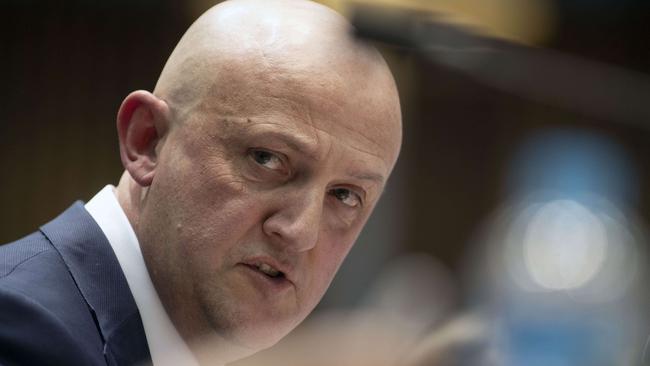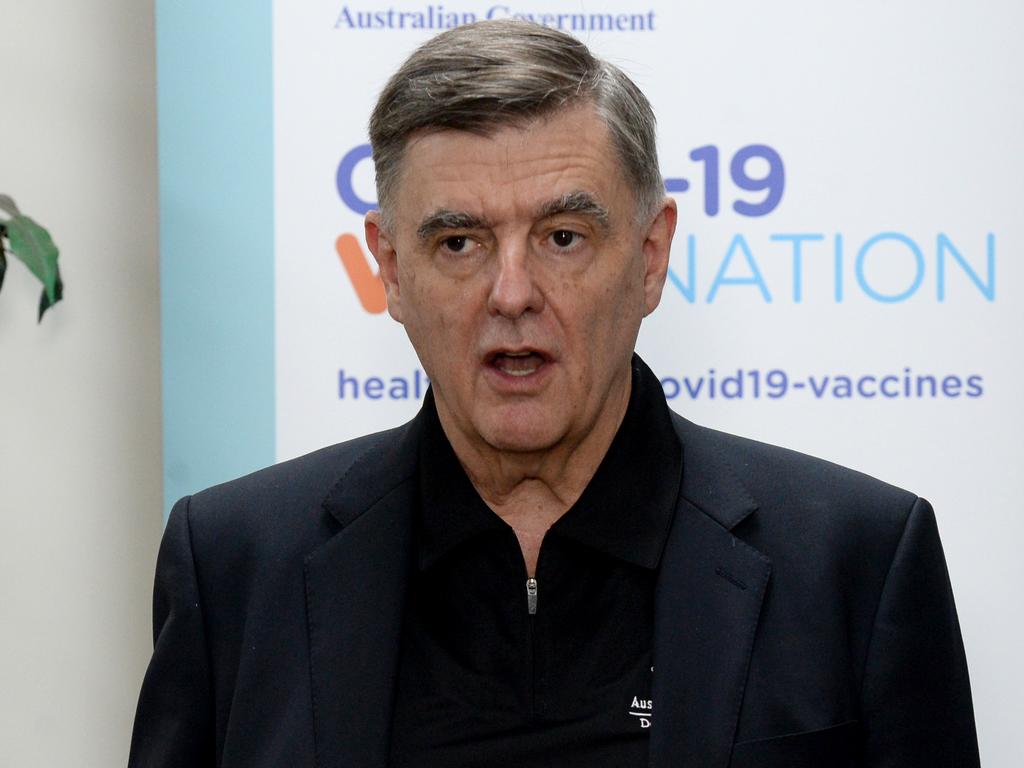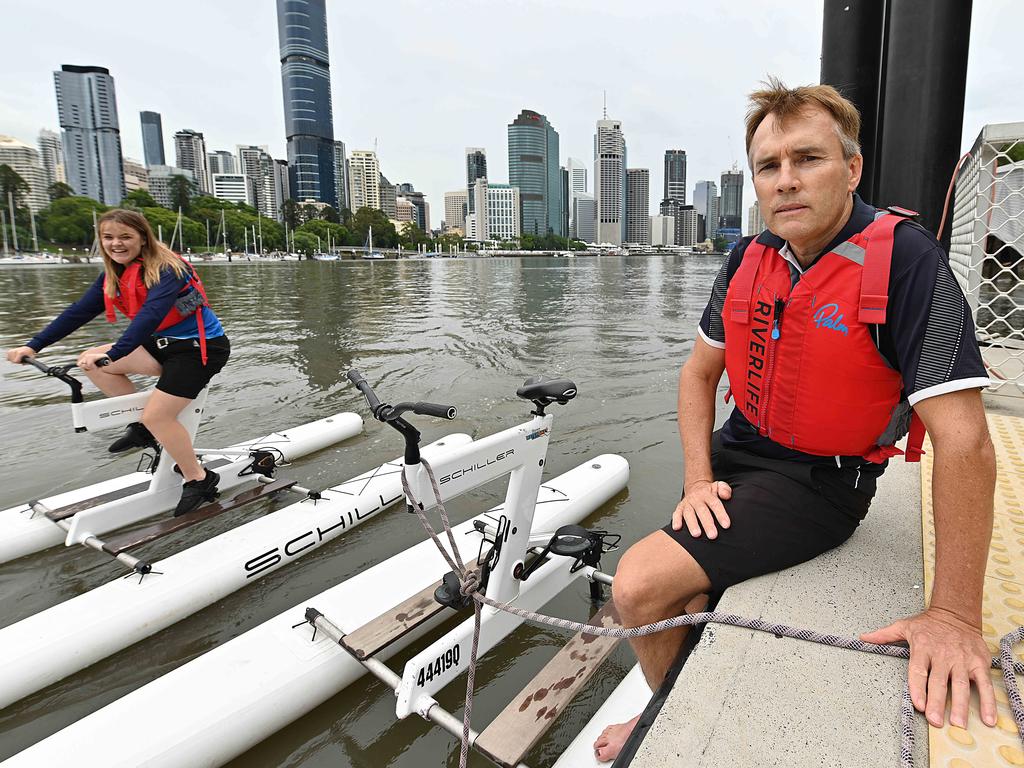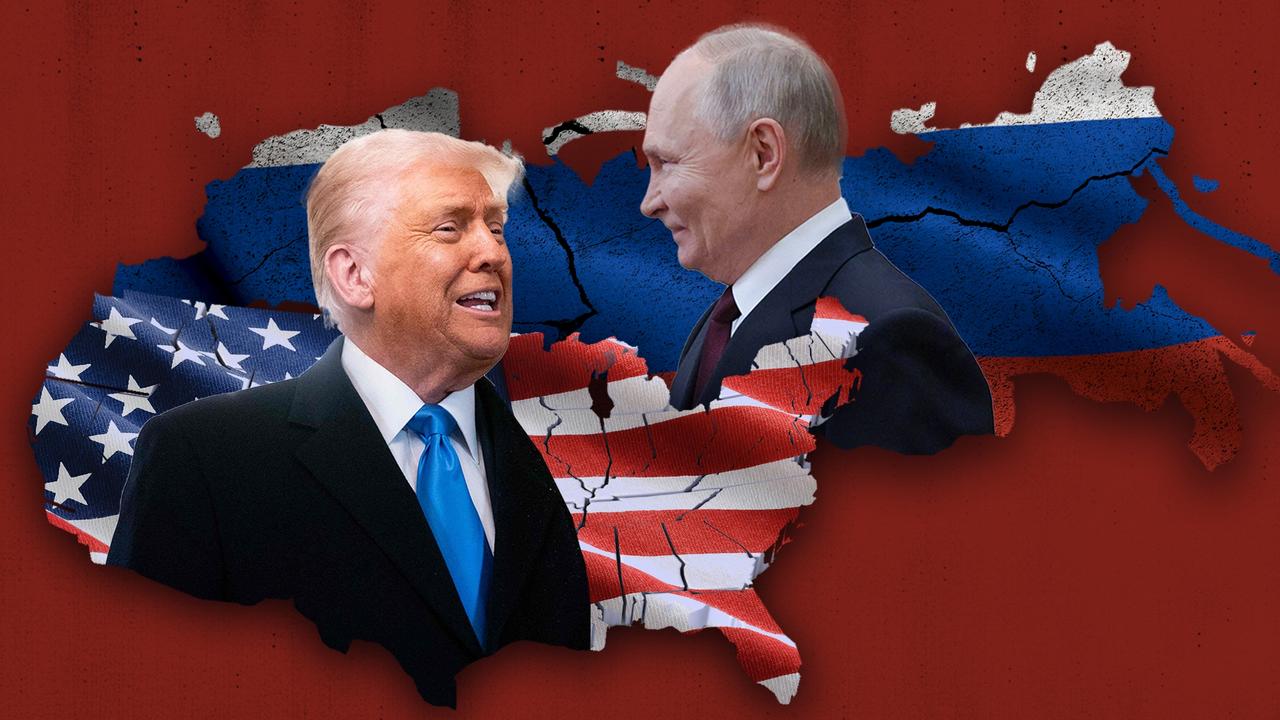PM’s department developing list of research, technology to shield from foreign interests
PM’s department cracks down on espionage in universities by carving out sensitive projects from foreign collaborations.

Australian universities will be forced to carve out critical technologies and sensitive research projects from foreign collaborations on national security and economic grounds under a plan being overseen by the Prime Minister’s Department.
The federal government is developing a list of key technologies and research areas to be protected from foreign adversaries as it cracks down on espionage in universities.
The list will identify sensitive dual use technologies capable of being weaponised, and high-value scientific advances at risk of intellectual property theft.
The Department of Prime Minister and Cabinet is leading the effort, with support from ASIO, Home Affairs and the departments of Education and Industry.
ASIO director-general Mike Burgess said the list would help universities identify which areas of research required heightened security precautions, as they faced foreign interference at scale not seen since the Cold War. “It would provide universities with greater certainty about the areas where they need to be cautious, including when engaging with foreign institutions,” Mr Burgess told parliament’s intelligence and security committee.
“It would give publicly funded research agencies, universities and other institutions more ¬surety when applying for research grants in sensitive areas. And, of course, it would also assist ASIO by enabling us to focus more closely on those activities that carry the potential for greatest harm.”
He said Defence had expertise in determining which technologies should be protected on the basis that they had potential military purposes.
The exercise will also consider areas of commercially important research areas that needed to be protected from ¬intellectual property theft.
“The defence (technology) is more a clear space but more broadly there are, strategically, other research or technical things that could be of an economic interest, given the environment in which we live,” Mr Burgess said.
“There needs to be a consideration of, ‘Is that something we need to protect?’, not from everyone but from certain people for sure.”
Mr Burgess said awareness in the higher education sector of foreign interference risks had improved but there was “more work to be done”.
“Foreign intelligence services and their proxies are all too willing to take advantage of the openness that is integral to our universities and research institutions, to steal intellectual property and cutting-edge technologies,” Mr Burgess said.
He said one country was “highly active” in foreign interference in Australia’s university sector but declined to name it.
Home Affairs’ deputy secretary Marc Ablong said the identification of critical technologies, as the government had done with critical minerals, was “just the first step”.
“The next step is what do you want to do about those. There will be some that you want to protect, there will be some you want to promote. There will be some where you want to ensure there is Australian commercialisation of those.”
The committee’s inquiry into foreign interference in Australia’s higher education and research sectors follows reporting by The Australian revealing dozens of scientists at major universities across the country had been recruited to China’s Thousand Talents Plan
Chinese foreign interference expert Alex Joske warned the committee, which is examining foreign interference in Australia’s universities, that the government had put only “minimal” investment into identifying scientists secretly working for Beijing.
Mr Joske, whose research found 325 Australian academics participating in Chinese government talent programs, said exposing researchers with divided loyalties required Chinese language expertise, knowledge of the Chinese Communist Party, and an understanding of the technology sector. “You’d want to see, at the very least, dozens of researchers working on these issues in government, and investment of a pipeline of training in universities, research institutions, think tanks,” he said.
Mr Joske named the University of Technology Sydney as one of the key institutions yet to confront the problem of Chinese foreign interference, noting its collaboration with Chinese defence industry conglomerate CTEC.







